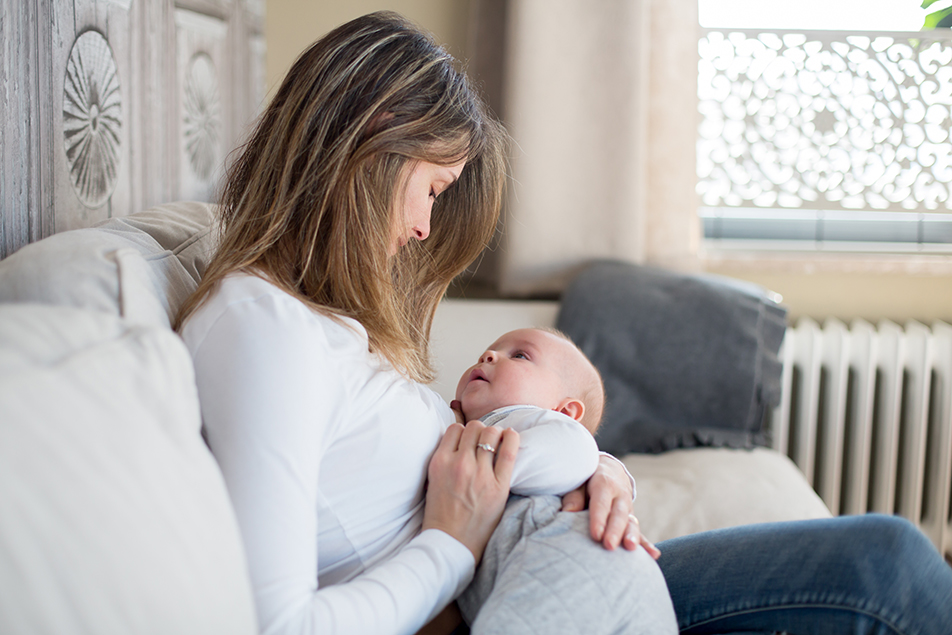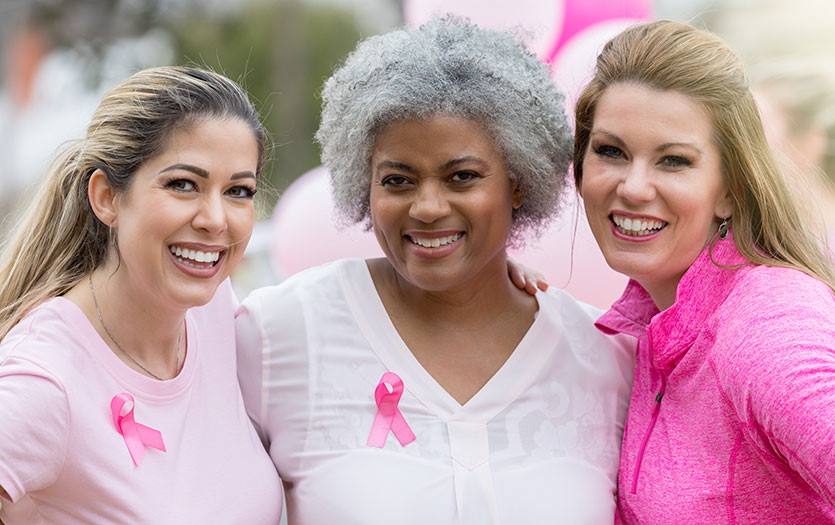
This post was written by Ashli Pershing, BSN, RN, CLC, birth planner/lactation consultant, Parkview Wabash Hospital.
While there are many uncertainties and unsettling realities in our new “normal”, I can say with great confidence that at least one thing remains a constant: Breastfeeding is beneficial. In fact, according to the World Health Organization (WHO), “Breastfeeding is the cornerstone of infant and young child survival, nutrition and development and maternal health.” The Centers for Disease Control and Prevention (CDC) also align with this stance, stating, “Breast milk is the best source of nutrition for most infants.”
The risks of breastfeeding during the pandemic
Both organizations also recognize that we have yet to see enough testing on moms who are positive for COVID-19 to say that the risks to both mom and baby significantly outweigh the benefits. In one preliminary study the WHO has conducted of 46 COVID-19 positive breastfeeding moms, 43 of those moms’ breast milk tested negative for the COVID-19 virus, while only 3 mothers tested positive for viral particles and 0 for live virus in the breast milk.
Along with this study, the WHO also reported secretory immunoglobulin A (slgA) immune response in 12 out of 15 breastmilk samples obtained from COVID-19 positive moms. This means that these mothers were producing an antibody in their breastmilk that could potentially protect the child from the virus.
Should I breastfeed if I have COVID-19 symptoms?
The CDC recommends that mothers who are breastfeeding and symptomatic or confirmed to have COVID-19, take steps against the spread of the virus by:
- Washing your hands before touching your baby
- Wearing a cloth face covering, if possible, while feeding at the breast
- Washing your hands before touching your breast pump or bottle parts and cleaning all parts thoroughly after each use
Whether and how to initiate or continue breastfeeding during this pandemic should be a coordinated plan between the mother and her baby’s doctor. You should consider the pros, cons and any risks involved. Beyond the possibility of immunity protection, studies confirm that skin-to-skin contact and kangaroo mother care facilitate breastfeeding as well as temperature regulation, blood sugar control, and maternal-infant attachment, and decrease the risk in mortality and severe infection among low birthweight babies.
The WHO goes on to state that beyond the neonatal period, breastfeeding has positive effects on improved sleep patterns, lower rates of behavioral problems and higher quality parental interaction. For mothers, breastfeeding protects against breast cancer and may protect against ovarian cancer and type 2 diabetes. While more research needs to be done, early indications are that the vast array of benefits from breastfeeding seem to be far higher than the potential risk for contracting COVID-19.



